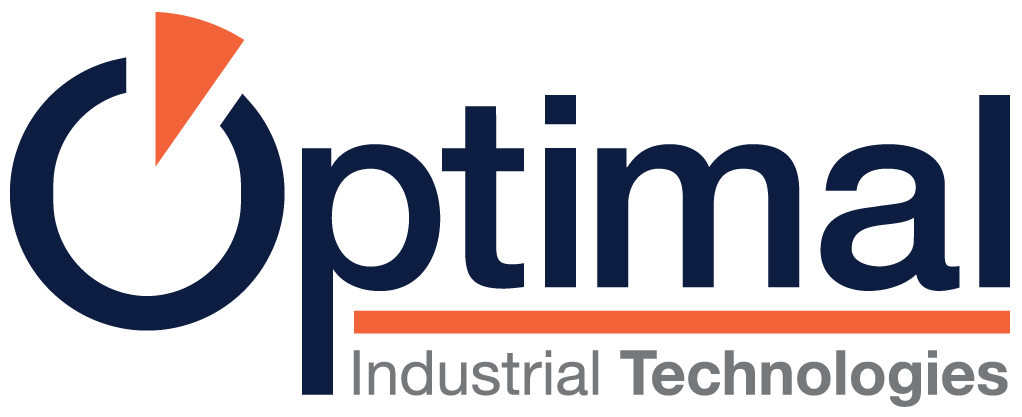
Enhance manufacturing by bringing PAT Knowledge to the Cloud
Ryan Dougall, Global Sales Manager at Optimal Industrial Technologies, looks at the benefits of adopting Cloud-driven PAT frameworks in biopharmaceutical and pharmaceutical production.
PAT is a well-established concept that supports quality-driven manufacturing in the pharmaceutical and biopharmaceutical sectors. It provides a dynamic and robust analytical paradigm to control critical process parameters (CPPs) and critical quality attributes (CQAs). This enables the delivery of consistently and efficiently produced goods that meet the required high levels of quality. The latest technological advances have the potential to enhance the capabilities of PAT frameworks, facilitating next-level real-time process control and quality assurance.
What next-generation PAT frameworks look like
Firstly, the latest analytical instruments and smart sensors allow manufacturers to monitor an increasing number of CPPs with high accuracy and precision. Secondly, data engineering supports the creation of suitable infrastructures for data capture, sharing and storage. Finally, data mining provides unique methods to generate robust prediction models that link CPPs and CQAs, thus creating an in-depth and holistic process understanding. By combining these elements together, businesses can further optimize their processes to improve cycle times, raw material and energy utilization; and to reduce production costs, rejects, reworks and waste.
At the heart of ever more accurate chemometrics models is Big Data analytics. In order to conduct them, pharmaceutical and biologics manufacturers require high-capacity computing infrastructures. With recent mid-infrared process spectrometers currently able to generate multiple spectra every second, the existing on-premises servers and data centers may not have the ability to store, analyze and visualize datasets from multiple devices.
When process knowledge is in the Cloud, it’s not cloudy
Cloud computing provides a clear solution by offering near unlimited space for storage and data processing power on demand. This allows manufacturers to set up data-driven process intelligence to enhance their operations and quality control/assurance.
Moreover, the Cloud can enhance decentralized data availability to users, which allows them to access information anywhere, anytime, and on enterprise level systems. As a result, businesses can implement Industrial Internet of Things (IIoT) technologies to create highly automated intelligent factories and smart enterprises.
Pharmaceutical and biologics manufacturers can set up Cloud-based centralized platforms for laboratory data, which can accelerate the creation of comprehensive key process knowledge to develop new drugs. Furthermore, businesses can create a centralized real-time release testing (RTRT) platform to streamline the launch of new products.
It is also possible to manage PAT orchestrations and models (methods) throughout the entire enterprise, establishing uniform procedures across sites, independent of their geographical location. Therefore, consistency can be substantially enhanced.
Finally, instant reporting capabilities can facilitate and streamline the creation of suitable documentation for quality auditing. In order to achieve this, it is important for PAT systems to transfer and store data in the Cloud while ensuring regulatory compliance. For example, it is essential for the setup to meet regulations on electronic signatures and records (ERES), including the U.S. Food and Drug Administration (FDA)’s 21 CFR part 11.
Cloud-driven PAT is here
A leading PAT knowledge management platform that supports Cloud computing while also meeting regulatory requirements is Optimal’s synTQ.
The latest version of the software offers an innovative synTQ-DX data pump function, which allows all synTQ data to be securely transferred to cloud applications and data lakes for analysis as well as reporting. Any regulatory-compliant datasets transferred to the Cloud can also be used to support clinical trials across regulatory review phases and production scale-up.
By implementing synTQ and its Cloud environment, businesses can achieve next-level quality-driven manufacturing. In particular, they can create smart and responsive facilities that deliver medicaments in a time-, cost- and resource-effective way.
Image 1: By incorporating Cloud computing within PAT frameworks, manufacturers can boost process control and quality assurance while streamlining regulatory compliance activities.
Within the Optimal group, we have more than 30 years’ experience in the automation and optimisation of control and data management systems for the food, chemical, pharmaceutical, biotech, life science and other process industries.
The demands being placed on manufacturers in relation to getting products to market sooner, minimising development and production costs together with increasing product quality and business sustainability are ever increasing. Our primary aim is to deliver measurable improvements in all these target areas.
In addition to practical automation and system integration expertise, Optimal Industrial Technologies has also developed the world-leading PAT Knowledge Management software platform – synTQ® – which is used by over 60% of the world’s leading pharmaceutical and biotech companies, and is now being adopted by other process industries. synTQ has been a proven enabler of QbD via PAT by significantly increasing productivity and quality, while reducing waste, time to manufacture and time to market for batch and continuous processes.
Tel: +44 (0)1905 917477
Web: www.dmaeuropa.com
Email: press-team@dmaeuropa.com
Address: Progress House, Midland Road, Worcester, Worcestershire, WR5 1AQ, United Kingdom